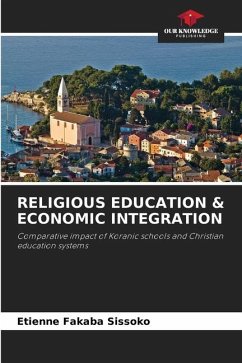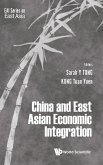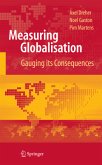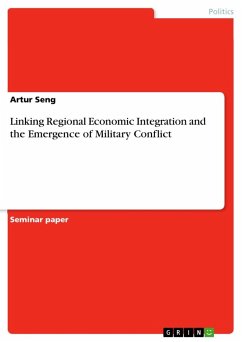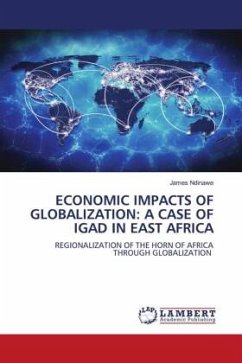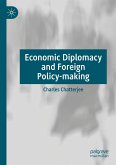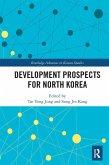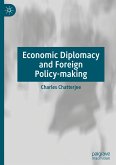In this book, the author examines the influence of religious education on economic and professional integration in Mali, a multi-religious country facing challenges of social cohesion and economic development. Using a mixed methodology and a sample of 384 participants, the study compares Koranic and Christian schools to assess their contribution to human capital formation. The results reveal that, despite their importance in spiritual formation, the impact on economic integration varies: Koranic schools strengthen social capital but struggle to prepare for the job market, while Christian systems better promote employability through transferable skills. This work makes a significant contribution to the understanding of religious education in Mali, suggesting the need for adapted educational policies and opening up avenues for future research aimed at more inclusive economic integration.
Bitte wählen Sie Ihr Anliegen aus.
Rechnungen
Retourenschein anfordern
Bestellstatus
Storno

